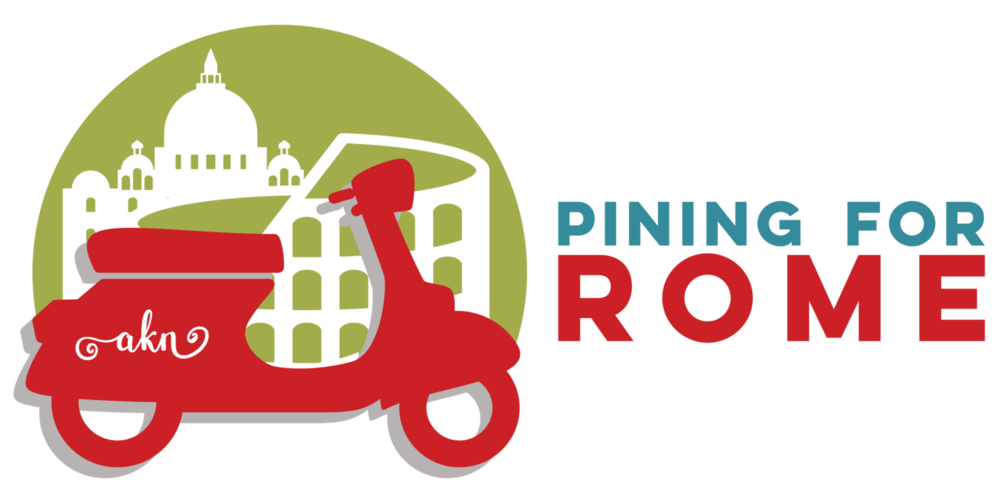
This week I am recounting the beginnings of my travel obsession. Our story begins with parts ONE and TWO.
I am a child of the Cold War. I remember hiding under my desk during drills. I remember worrying that the Russians would bomb us. I remember laying in bed and praying to God that Ronald Reagan beat President Carter on election night because my dad didn’t like “the Dirty Democrats.”
I remember being terrified of the Russians.
And that fear hadn’t dissipated in 1989. Thinking back on it now, I am very surprised my mom let me go to the USSR with my grandparents. She is, too. But they were my grandparents. They thought it was a good idea, so she agreed. And off I went.
On the Aeroflot jet from Finland to the USSR I sensed the changes, and I was nervous. When we arrived in Moscow and went through customs, I started to panic. The customs officials, dressed in fatigues and armed with machine guns, separated me from my grandparents. They then opened my suitcase and started to quiz me:
“Where is your money?” My grandfather had it. He didn’t want anything to happen to it.
“Why do you have 5 pairs of blue jeans? Where are you going to sell them?” Sell them? I was an American teenager. I secretly idolized Madonna. I had 5 pairs of jeans because I was going to wear them. I wasn’t about to sell my wardrobe.
Over and over again they asked me the same questions, cigarettes dangling from their mouths. They spoke to each other in Russian and pointed and laughed. Now I know they were just having fun with a clearly scared teenager. But at the time: I was just terrified. I had read Arthur Koestler’s novel, Darkness at Noon, and I imagined bright lights and sleepless nights in my future.
Fortunately, the customs guys tired of me before it came to that. I zipped up my suitcase and fled to my grandparents who were waiting for me outside. And there were our Russian hosts -- representatives from the agency we were there to visit – with arms filled with red roses for us.
They took us to our accommodations: an apartment somewhere in Moscow. Huge mounds of garbage were piled outside the building, sending a sweet stink throughout the neighborhood. And our apartment was infested with bugs. It was just too much for my sheltered American-girl self. That night I wrote, “I have to go to the bathroom, but I’m afraid to go into the WC. I don’t want to go to sleep – something might get me… I don’t want to be here now. Here I sit complaining, and there are people who live here – like this – every day and don’t know any better.” I was tired. I was scared. I was hysterical.
But things improved over the next few days. I fell in love with Elizabeth, a Russian physicist and one of our hosts. She became my “Russian mother” and invited me to come to live with her and study in Moscow. I was shocked by the absence of things in the USSR. One day we went shopping, and that night I wrote, “The shops are all empty! They have goods on display in the windows but nothing really to sell. Everything is of such poor quality. The toys in the toy store were cheaper than the worst toy at M.E. Moses [our local dime store]. The dolls had blue, orange and yellow hair. Their clothes are so cheap – you can see through them.” My young American heart softened thinking of the beautiful Madame Alexander dolls I loved at home.
And the lines were shocking: “Unless you are a tourist, you must stand in long lines for everything – bread and food lines are around the block. Shoes are very expensive and very poor quality. The people don’t know any better though. The state stores advertise in newspapers what will be where and when so that people line up hours before the shop opens in hopes of getting some.”
Actually, I was wrong. The people certainly knew better. Our hosts would not let us purchase anything from the state stores. Instead they asked what I would like to bring back. I wanted Matroyshka dolls for my friends – the traditional Russian nesting dolls. So our hosts took our American dollars and shopped the black market for us. They brought back a bag of dolls for me – beautiful wooden dolls that were painted in bright colors. They were far more beautiful than anything I’d seen in the store windows.
We traveled from Moscow to Leningrad by train, and I was more taken by Leningrad. It was clear that Russia’s most European city had fared better under Socialism. “We went shopping today. Most of the stores with anything good in them only take foreign currency,” I wrote. I was amazed that our great national enemies preferred to conduct business in our currency.
In all our ten days in the USSR were wonderful. We visited the Hermitage and the Tsar’s Summer Palace. We went to a circus, which would not have met with the approval of animal rights activists. We ate borscht at Russia’s first privately owned restaurant in the basement of an apartment building. I brushed my teeth with Pepsi. And by the time we boarded our plane back to Finland, I’d totally fallen in love with travel – despite the customs officials, the bugs, and the filth.
I wasn’t afraid any more, and I was hooked. But that nearly changed in the space of one short flight…
To be continued.
